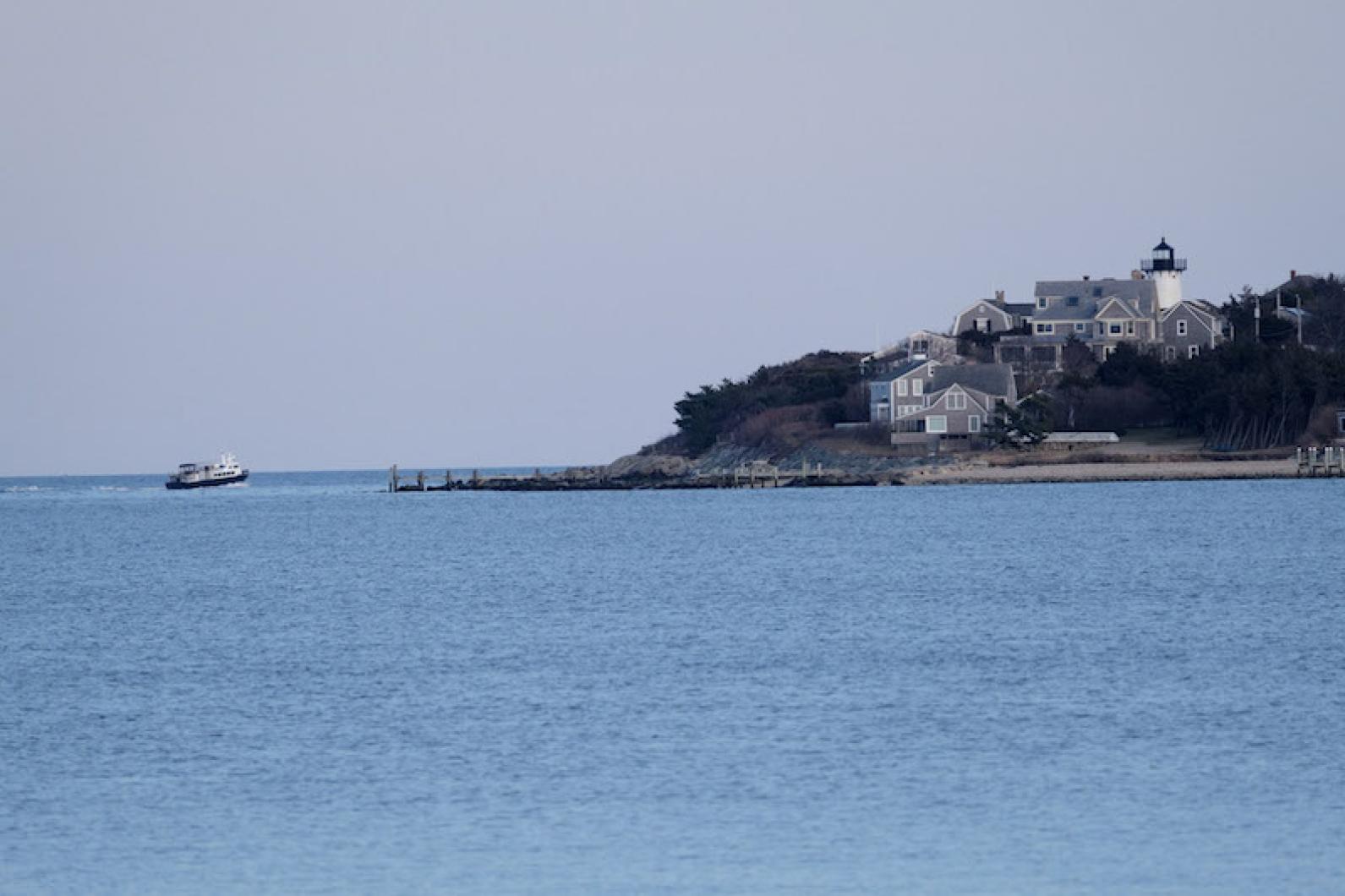A changing climate around immigration policy under the Biden administration is reopening opportunities for the Island’s vital summer workforce, possibly setting the stage for a more typical summer for businesses this year.
Last week President Biden rolled back a freeze on legal immigration that had put a hold on green cards for foreign residents looking to live and work permanently in the United States.
A later iteration of the ban that also froze the issuance of temporary work visas — including the H2B and J1 visas that make up an integral part of the Vineyard’s summer workforce — is set to expire at the end of the month.
Speaking to the Gazette by phone last Friday, Rep. Bill Keating said lifting the immigration freeze marks a step in the right direction for Island businesses, which have struggled to staff everything from ice cream counters to grocery checkout lines since the ban on vital foreign workers went into effect last year.
“I expect and hope that . . . the same thing will happen with H2B and J1 visas,” Mr. Keating said of the recent rollback. “Businesses on the Vineyard should proceed as they always do trying to secure temporary visas.”
Non-immigrant work visas, like H2B and J1 visas, allow foreigners to come to the United States for short-term employment each year. J1 visas focus on international students, while H2B visas are generally issued to temporary seasonal workers. On the Island, the two programs play a key role in the summer economy, allowing restaurants, hotels and retails businesses to hire hundreds of foreign workers each year.
Federal immigration statistics provided by the U.S. Department of Labor show that in 2018 more than 1,000 H2B and J1 workers were employed on Martha’s Vineyard.
Last year, the visa freeze hamstrung summer business, keeping a huge portion of the Island’s seasonal labor force from entering the country. The pandemic forced other restrictions, but most businesses successfully adapted to the changes by using outdoor spaces for dining and other measures — all the while stuck with bare-bones staffing.
“[They’re] critical,” said Mr. Keating, speaking of the foreign summer workforce. “One thing that’s often lost on people is this is important for local jobs as well,” he said. “Businesses have had to shorten the months they are open and the days of the week they’re open and as a result, local people that are employed in these businesses lose work too.”
He said the rollback is an encouraging sign for seasonal economies like the Vineyard, as a broader tide change for national immigration policy takes hold under the new president.
“The fact that they did this encourages me greatly that they’re going to let the other blocks just expire on the 31st [of March] or perhaps even sooner,” the congressman said. “They’re trying to open up in areas where there’s a shortage of skilled workers in the country that could hurt our economic recovery.”
Islanders hoped that the policy shifts could help buoy understaffed businesses, but still expressed concerns about the pandemic’s lingering impact on the workforce.
Meghan Tesi, general manager at Noman’s restaurant in Oak Bluffs, said foreign students on J1 visas make up a large percentage of the eatery’s workforce each summer and shoulder season. Ms. Tesi is well into the hiring process, but with the freeze still in effect, she said bringing J1 workers to the Island has proven complicated.
“We’ve done everything we can to try to sponsor [J1s]…we’ve even gone as far as helping people trying to secure housing for the summer. But ultimately it’s up to the administration,” Ms. Tesi said. “We still don’t know how far that’s going to go, so we’re just at this point we just have to wait.”
Ms. Tesi said she is optimistic for a better summer, but between the pandemic and the freeze, she isn’t holding her breath.
“I think maybe next year it’ll go back to normal. But until everyone has their vaccine, I personally don’t really think it’s gonna go back to normal,” Ms. Tesi said.
Marilyn Vukota, a lawyer at the Island firm McCarron, Murphy & Vukota, said raising the cap on the number of seasonal working visas issued annually will also be an important factor in a more robust summer workforce on the Island this year.
Each year, the government issues 66,000 H2B visas to foreign nationals — 33,000 issued in October for the winter and 33,000 issued in April for the summer — but the demand for the seasonal documents well exceeds that cap each year, she said.
Ms. Vukota said the Department of Homeland Security has already approved 33,000 H2B visas for the upcoming summer — though none will be issued until April. Meanwhile, applications for the visas exceeded 90,000 this year, she said.
“Right now, the cap has been reached,” Ms. Vukota said. “We’re hoping that the Department of Homeland Security will add visas to that cap, but that’s all we know.”
The director of homeland security has the unilateral power to raise the visa maximum, Ms. Vukota said. Mr. Keating added that past presidents have also granted entry to returning seasonal workers over the capacity limit, but that policy ended under President Trump.
“The Trump administration changed the rules of the game three times,” he said. “What we want is some predictability going forward.”
Meanwhile, as the as the spring temperature thaw nears, Mr. Keating advised Island business to proceed as if the visa freeze would end come April.
“My advice is for businesses to proceed under the other rule as if [seasonal workers] will be there,” he said. “Everything can be done except the very last step . . .and in the interim, people should proceed as if that’s going to occur.”






Comments (1)
Comments
Comment policy »